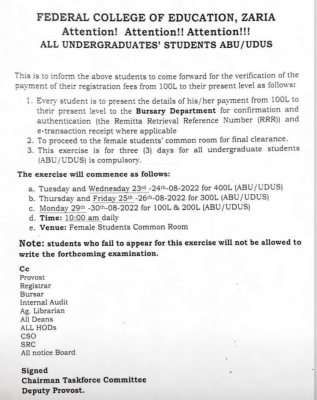
Passing medical school will likely be one of the toughest challenges you ever face, especially if you aim to achieve and maintain outstanding results. The good news is that you can do a few things to make the whole process easier and less stressful. It’s important to review your subjects and plan for each exam. Create a study schedule that focuses on the most important subjects and the areas that you find difficult.
Follow these steps to help yourself stay motivated, organized, and give yourself the best chance to pass the USMLE exam. Creating a study schedule will mean that you’re more likely to be successful in the final exams.
Take a USMLE Preparation course
A USMLE preparation course, such as lecturio, will enable you to check that you’ve covered all the material you need to study for the USMLE exam. It has over 220 hours of video lectures that are easy to follow and real-life clinical scenarios, which help test your knowledge of the relevant scientific concepts.
Take your learning style into account
Everyone learns slightly differently; some students are visual learners and can absorb more information by watching a video. Others prefer to read, while some people love to be hands on and use anatomical illustrations. As a medical student, you’ll be required to absorb lots of information in a short space of time. Therefore, it’s a good idea to research different learning styles and find out which works best for you; this will help you maximize your study time. You can also think about which times of the day you are most productive; some people like to get up early to study, while others are night owls.
Concentrate on essential topics
It’s a good idea to figure out which topics are the most important and schedule in enough time to study them. Some subjects will carry more weight and be worth more points in the exam or will account for a higher percentage of your overall grade. It’s a good idea to pay close attention to these topics.
Schedule extra time for difficult topics
Are there any topics that you find challenging? It’s a good idea to schedule extra time to concentrate on challenging areas so that you can master them before the exam.
Create a realistic study schedule
Studying for your medical exams can be challenging, so it’s a good idea to create a study schedule that’s realistic and achievable. It’s important that you stick to your study schedule, set realistic expectations; otherwise, you risk becoming overwhelmed.
You should also be aware that sometimes you’ll need to be flexible and deviate from your schedule. You may need to make changes to account for assignment preparation or other activities that come up. Ensure that you plan your study time effectively so that you have enough time to complete everything you need to do.
Preview material before and after each lecture
Medical students have a hefty workload, and to keep on top of everything; it’s a good idea to look over your materials before each lecture to refresh your mind. Also, look over your notes after the lecture to ensure you’ve understood everything. You’ll need to continuously study and be disciplined to stick to your schedule.
Schedule in time for relaxation and personal activities
You may think that while you’re at medical school, your life is on hold; you’ll have no time for personal activities or to maintain a social life. No one wants to be a slave to the textbooks; you must give yourself time to relax, meet friends, and undertake enjoyable activities.
Creating a schedule will help you to determine when you need to study, and when you have time for socializing, exercise, or relaxing. It can be daunting being a medical student, but it’s crucial that you’re able to switch off and relax. You won’t be able to study all the time. Take time to exercise, meditate, and socialize with friends. These activities will help you to maintain your mental health and well-being and will mean that you’ll be more focused during study sessions.
Develop time management skills
Use either a digital calendar or an old school paper planner and block out your classes, lectures, and extracurricular activities. You’ll then be able to see how much time you have left for studying.
If you don’t have enough time left for studying, you’ll need to evaluate your schedule to see what you can cut back on. You can also rearrange your schedule to give yourself more time for studying.
Create accountability
Many students find it helpful to find a study partner to revise with while studying for the USMLE exam. Teaming up with another student means that you’ll have accountability and will be more likely to stick to your schedule. You’ll also have the opportunity to discuss ideas and can collaborate on challenging projects.
In conclusion, assing the USMLE exam may seem like a daunting task, but it is achievable with focus, determination, and an effective study schedule. Once you’ve written your schedule, it’s crucial that you stick to it to cover all the material and ensure that you’re well prepared for the exam.
You’ll need to continue working hard, even if life seems challenging. Work out your study style and complete each study session within the planned time frame.




